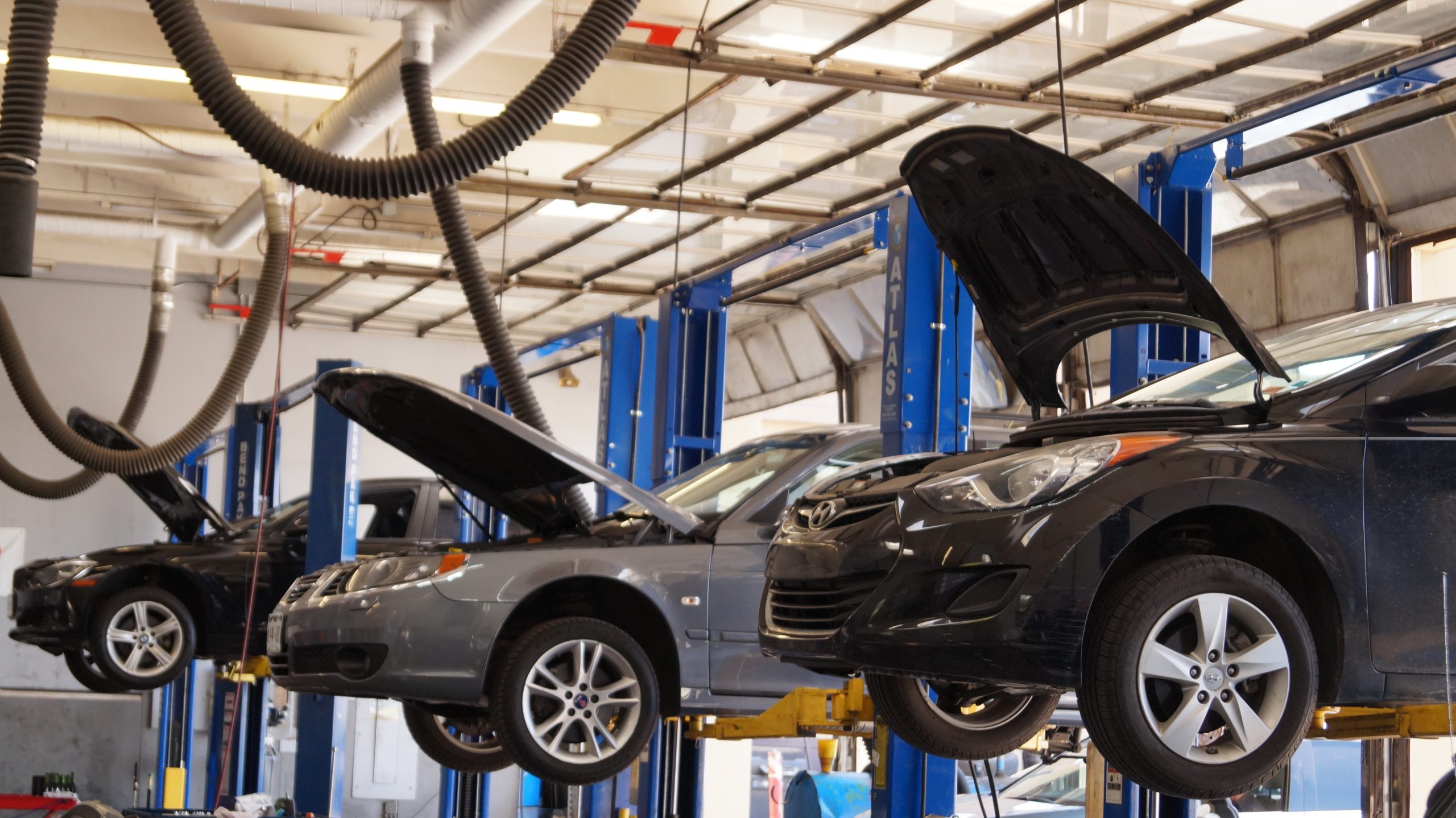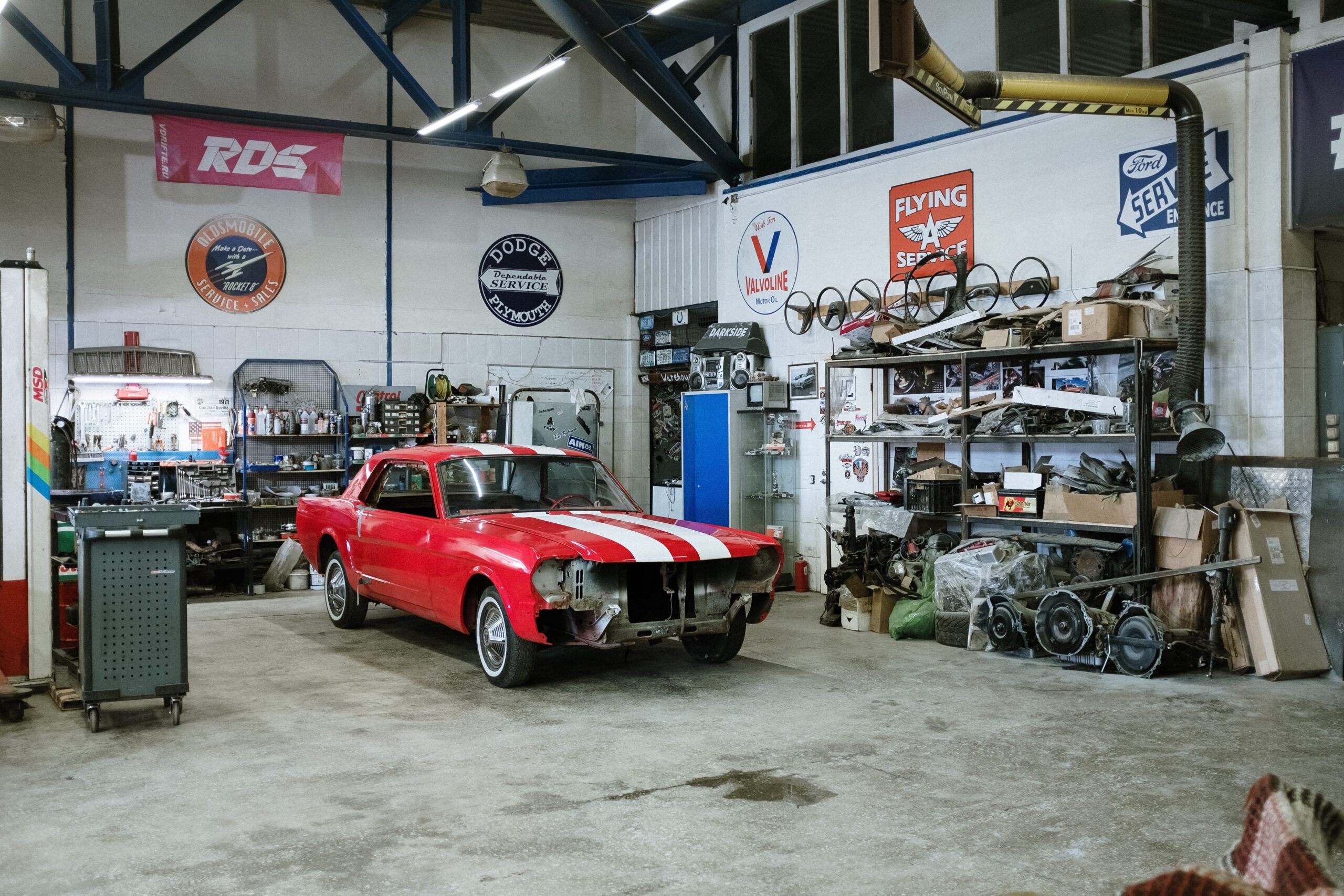All Categories
Featured

A comprehensive vehicle assessment is a crucial service created to examine the general condition of a car, guaranteeing it's reliable and safe for the road. Whether you're purchasing an utilized vehicle, getting ready for a lengthy road trip, or keeping your existing automobile, a complete examination can assist recognize potential problems before they become costly repair services. This assessment covers multiple locations of the car, from its engine and transmission to its security functions and tire problem.
Below's what is normally included in a detailed automobile inspection:
- Engine and Transmission Examine. The engine and transmission are the heart of any type of automobile, so a thorough evaluation includes a comprehensive analysis of both:
Engine Efficiency: Technicians will examine for any type of indications of bad performance, such as rough idling, unusual noises, or smoke. They'll likewise evaluate fluid levels, such as engine oil, transmission, and coolant fluid, making certain everything is at the proper levels and in great condition. Transmission Capability: Both automatic and manual transmissions will be looked for smooth moving and appropriate operation. This consists of monitoring fluid levels, seeking leakages, and analyzing the condition of the transmission components. 2. Brakes and Shock Absorber. Brakes are essential for the safety and security of the vehicle driver and guests, so their problem is a priority in a comprehensive inspection. This consists of:

Brake Pads and Rotors: The brake pads will be evaluated for wear, and the blades will be looked for damages or bending. Brake Lines and Fluid: The brake lines will be analyzed for any indicators of leakages, and the brake fluid will certainly be examined to guarantee it's in good problem. Shock absorber: The suspension system, consisting of shocks, shows off, and springs, will certainly be reviewed for deterioration. This makes sure that the lorry manages well and provides a smooth adventure. 3. Tires and Positioning. Tires are vital to your automobile's safety and security and performance, and a comprehensive assessment will cover:
Tire Problem: Technicians will examine the tread deepness and try to find indications of irregular wear, which can show problems with alignment or suspension. Tire Stress: Appropriate tire stress is vital for security, gas effectiveness, and tire durability. The assessor will certainly examine all tires and inflate them as necessary. Wheel Alignment: The alignment of your wheels will be examined to ensure they are properly placed, protecting against uneven tire wear and enhancing automobile handling. 4. Battery and Electric System. A vehicle's battery and electric system are crucial for starting the auto and running its electrical parts. The examination consists of:
Battery Condition: The battery's cost level, terminals, and cords will certainly be looked for signs of corrosion or wear. Electrical System: The alternator, starter electric motor, and integrates will be tested to guarantee they're functioning correctly. Assessors may additionally examine lights, indicators, and other electric elements for integrity. 5. Fluid Levels and Problem. Maintaining correct liquid levels is important to a car's efficiency. A comprehensive examination consists of checking:

Engine Oil and Coolant: Oil and coolant degrees will be inspected, along with the problem of these fluids, to make certain the engine runs efficiently and does not get too hot. Power Steering Liquid: This liquid is crucial for smooth guiding, and its degree will be examined throughout the evaluation. Transmission Fluid and Brake Liquid: These liquids play vital functions in the vehicle's transmission and stopping systems. Their levels and problem will certainly be examined to make sure secure operation. 6. Exhaust and Emissions System. The exhaust system plays a crucial duty in reducing harmful discharges and guaranteeing the vehicle's effectiveness. A detailed inspection will consist of:
Exhaust System Condition: The inspector will examine the exhaust pipelines, catalytic converter, and muffler for indications of damages, leaks, or corrosion. Discharges Evaluate: In many cases, the vehicle will certainly undergo a discharges examination to ensure it fulfills ecological criteria and regulations. 7. Cooling And Heating System (Heating, Ventilation, and Cooling) Convenience is an integral part of driving, so the evaluation will certainly consist of:
Air Conditioning and Home heating: The service technician will certainly check the air conditioning and heating unit to ensure they're working successfully, particularly if the vehicle has actually not been used in extreme temperatures. Cabin Air Filter: The cabin air filter will also be taken a look at to make certain great air high quality inside the vehicle. 8. Security Attributes. Safety features, such as air bags, seat belts, and lights, will certainly be checked to guarantee they function effectively. This includes:
Airbags: The air bag system will be evaluated to guarantee it's intact and working properly. Safety Belt: Safety belt will be examined for appropriate function and any visible wear. Lights and Indicators: Fronts lights, brake lights, turn indicator, and risk lights will certainly be looked for proper procedure. Verdict. A detailed car evaluation is a vital step in keeping your car's safety and security and efficiency. By covering every little thing from the engine and transmission to the tires, brakes, and security systems, this type of evaluation makes sure that your vehicle is in optimal problem. Whether you're getting ready for a trip, acquiring a used vehicle, or simply preserving your existing vehicle, setting up a thorough examination will certainly assist recognize prospective issues early, saving you time, cash, and frustrations in the future.
Latest Posts
Dependable Commercial Roofing Providers by Weathercraft
Published May 26, 25
2 min read
Safeguard and Enhance Your Home with Weathercraft's Siding Providers
Published May 23, 25
1 min read
Find the Premier Auto Repair Coupons in Montclare, Chicago
Published May 23, 25
1 min read